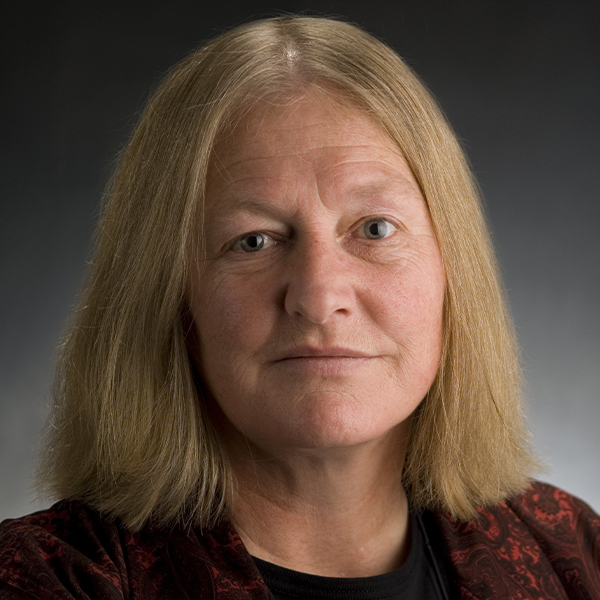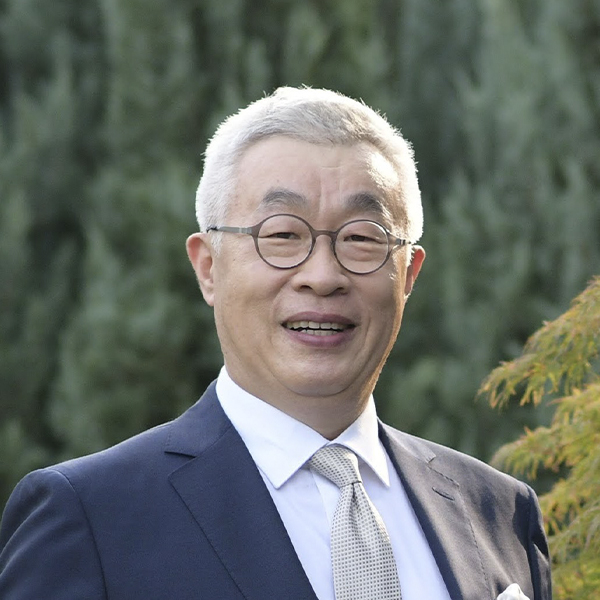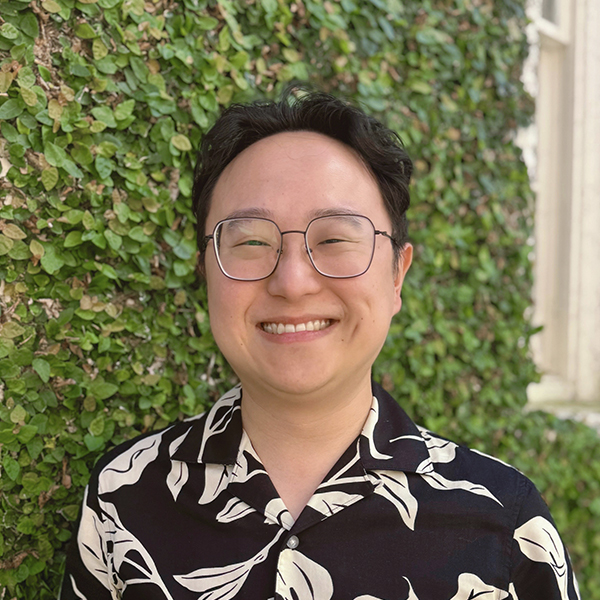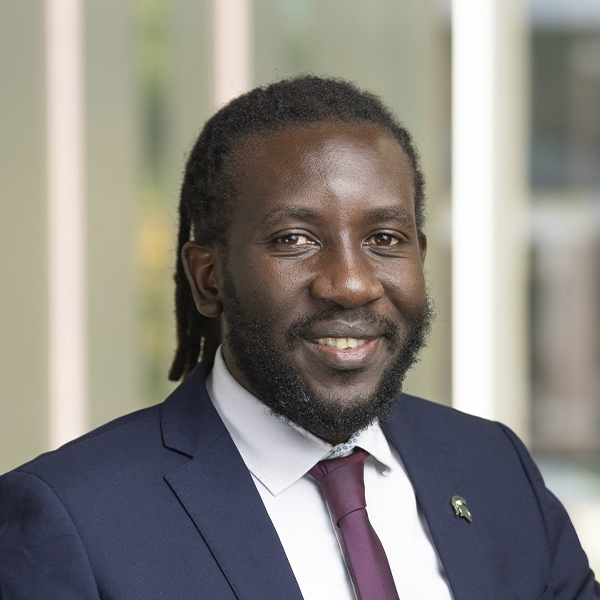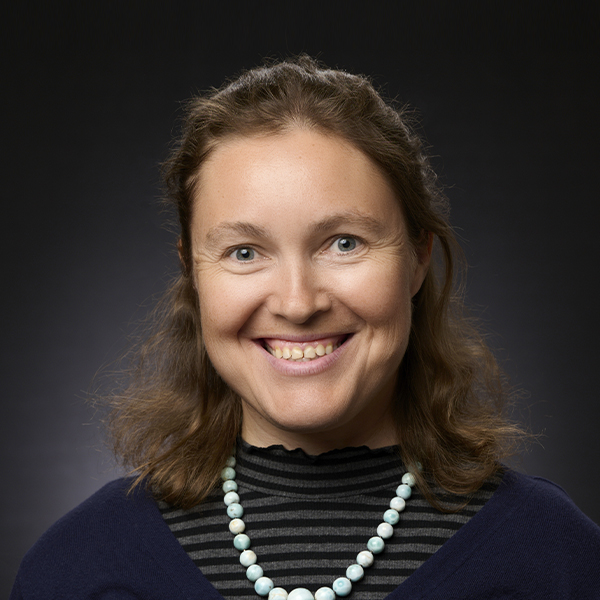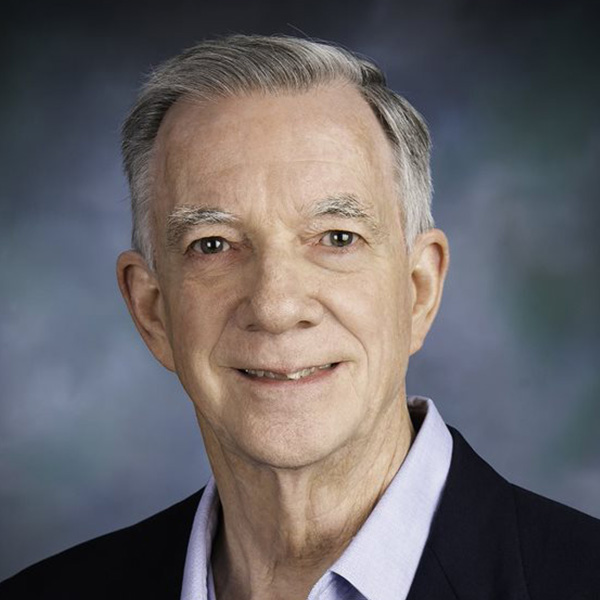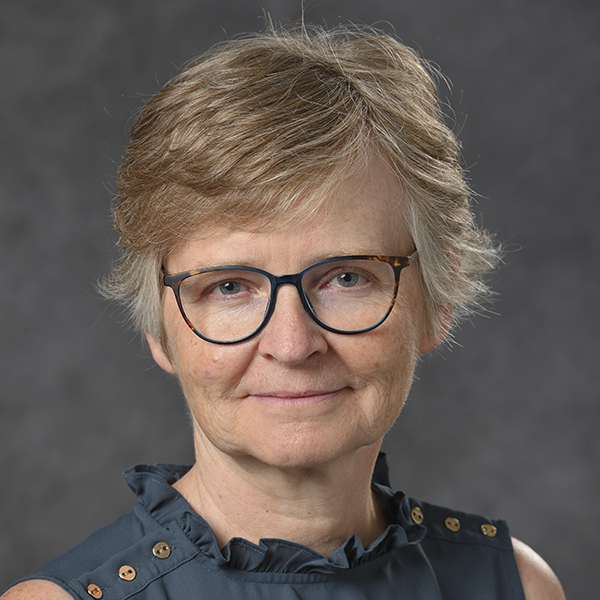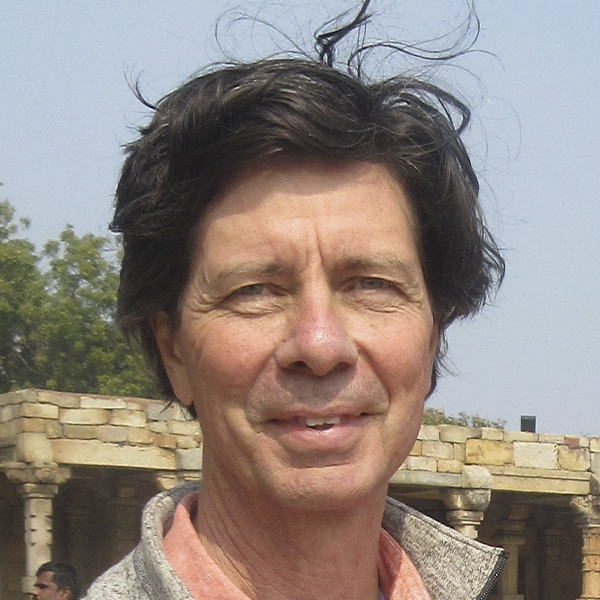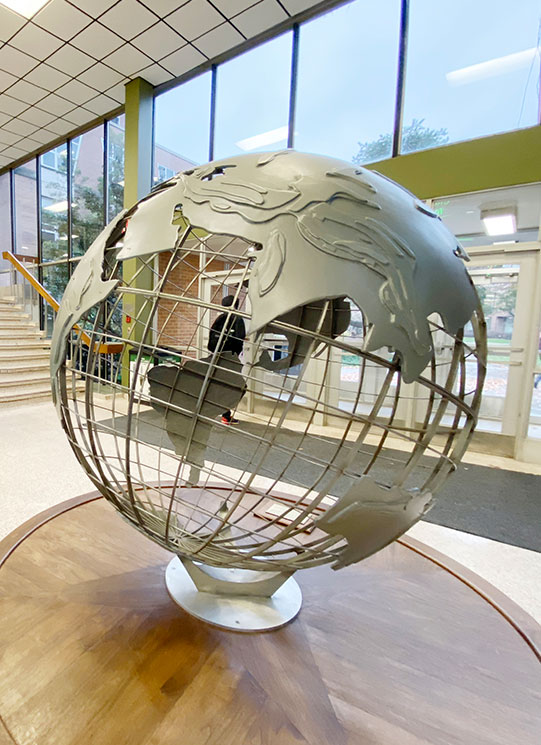2024 International Awards: Edward D. "Ned" Walker
Ralph H. Smuckler Award for Advancing International Studies and Programs at MSU
Published: Tuesday, 26 Mar 2024 Author: Jonathan Gibson
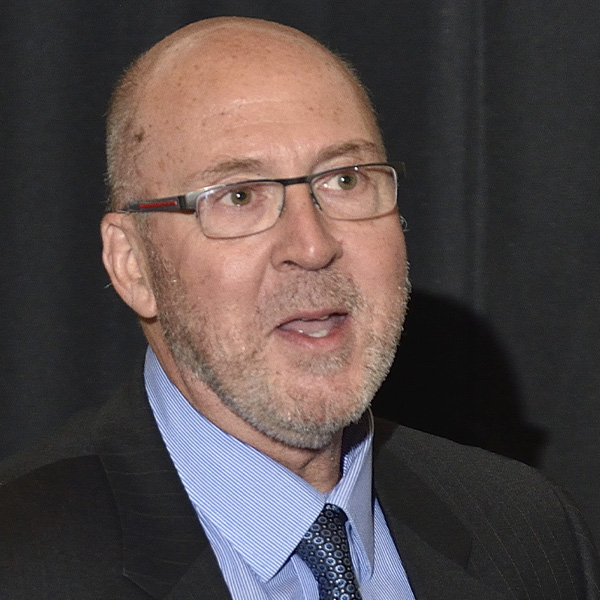
Edward D. "Ned" Walker is the 2024 recipient of the Ralph H. Smuckler Award for Advancing International Studies and Programs at MSU, which recognizes long-term, distinguished achievement in the promotion and advancement of international scholarship, teaching and public service.
Walker is a University Distinguished Professor with a primary appointment in the Department of Microbiology, Genetics and Immunology in the College of Natural Science.
Throughout his career, Walker has developed and emphasized international programs - including research, graduate student and postdoctoral training, outreach and service. For more than 30 years, he has worked on human malaria-related issues, as well as filariasis, tsetse and dengue in Honduras, the Philippines, Uganda, Kenya, Papua New Guinea, Madagascar, Malawi and Puerto Rico.
One of his primary interests has been developing and evaluating effectiveness of interventions that reduce transmission by mosquitoes, and how malaria is resilient to such efforts. Another has been analyzing intersectoral relationships - particularly how agriculture and human malaria relate to each other. He has worked tirelessly with with organizations, such as the World Health Organization, the Gates Foundation, the National Institute of Allergy and Infectious Diseases, Fogarty International Center of the National Institute of Health, Centers for Dieases Control and Prevention Global Health, and the National Science Foundation, to help improve the lives of some of the most disadvantaged people throughout the world.
Walker was nominated by Victor DiRita, chairperson in the Department of Microbiology, Genetics and Immunology. “MSU is justifiably proud of its reputation as a land grant university with a global impact and no MSU faculty member embodies this value more than Ned. He has made fundamental insights into the basic biological principles underlying vector-borne disease and, with his work, consultation, and public education, he has directly saved lives,” said DiRita.

